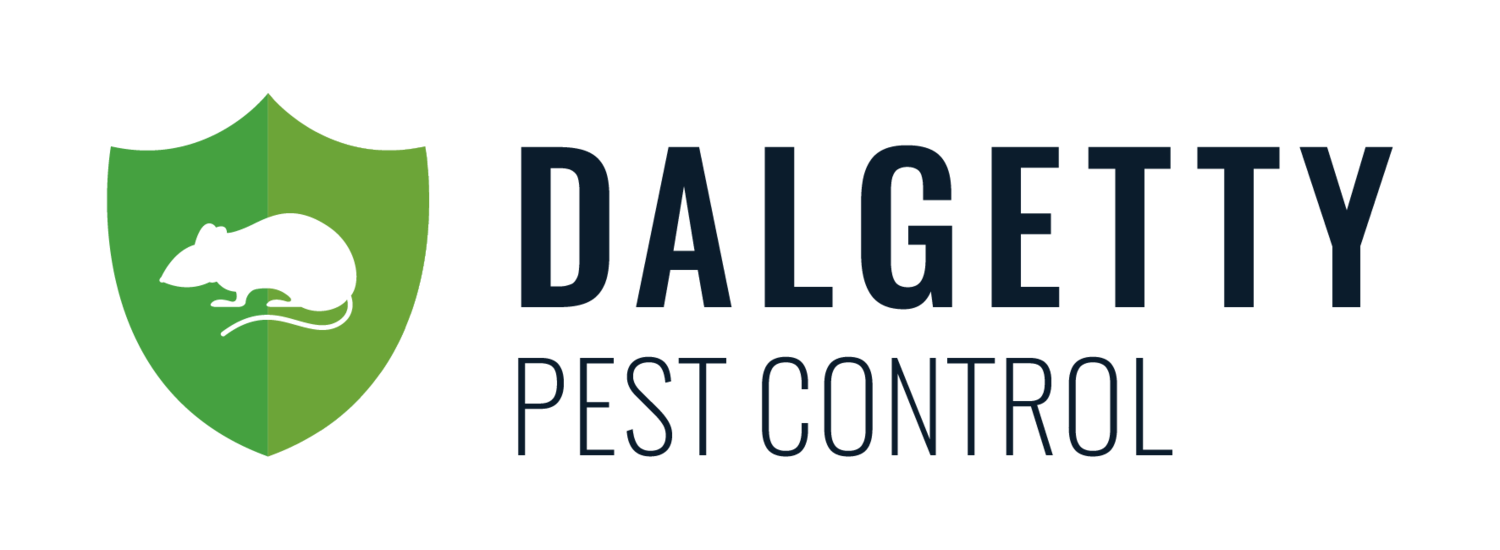How to protect your farm against from rats, mice, rabbits and other pests
/With endless farmland and building structures to monitor it is not easy to stay on top of pest populations. The key here is the word ‘control’, as on a farm it is very unlikely if not impossible to get rid of a pest problem forever without continuous prevention measures in place.
So what can you be doing on site to help reduce your pest issues ?
10 pest prevention measures to put in place on your farm
#1 Tidy up unwanted rubbish
When packing and unpacking equipment or produce a huge amount of packaging such as pallets and sacks can start to accumulate. These provide an ideal material for rodents to use as shelter and build their nests with. Getting rid of unwanted debris at the time will give pests less opportunity to hide get comfortable on your farm.
#2 Cut back vegetation
Overgrown vegetation and discarded produce/food waste is an attractive option for hungry rodents looking for their next meal. Twinned with a supply of fresh water, you have created a rodents ideal habitat. Cutting back on overgrown bushes and ditches should form part of your regular maintenance routine.
#3 Store produce correctly
At harvest time it is important to ensure that produce is stored correctly so that public health is safeguarded from disease. Depending on the crop grown & harvested, will decide what requirements you need in place.
#4 Clean & check storage areas before harvest
Check for holes in grain bins and other storage units, sealing them up before cleaning the store thoroughly before harvesting your crops. Spraying with the correct insecticide and removing any insect debris will ensure they are clean prior to use - protecting your hard earned harvest from damage.
#5 Keep equipment & vehicles clean at all times.
Rodents will chew anything, from plastic tubing to brake cabling. If you are using vehicles intermittently it is even more important to ensure that they are kept clean and in a safe storage area with preventative routines in place. Muddy vehicles abandoned for weeks on end are open to rodents setting up home - they are sheltered and have plenty of cosy nooks and crannies for them to set up home in.
#6 Maintain buildings
Farm buildings are exposed to the harsh Scottish weather conditions, it’s not surprising that they take a battering at times. Check for leaks, and holes around the building and repair appropriately with a hard wearing material such as steel wool or corrugated iron. Rodents can get through surprisingly small gaps - for mice they only need the width of a pencil!
#7 Attract natural predators and deterrents
Cats and dogs are often seen on farms, but owls are also a great opportunity to deter or indeed get rid of unwanted pests. Provide them with attractive habitats such as a nesting box and they can form part of your pest prevention strategy. The problem with this point is that is not one you can rely on, but certainly can enhance any existing pest prevention measures in place.
#8 Position rodent traps
Traps are a great instant kill mechanism for unwanted pests such as rats and mice. However it is crucial to protect non-target animals and indeed humans from their mechanism. Risk management is crucial to providing a safe pest prevention strategy. If you are unsure please speak to an expert pest technician.
#9 Ensure fencing / netting is fault free
Keeping rabbit populations under control is essential for protecting certain crops. Once under control, prevention measures such as fencing can be put in place where possible to ensure they are kept away from crops. The problem with farms is that the area is so large that it often proves ineffective and on-going control routine is required instead.
#10 Get a professional pest control routine in place
On busy days, all you want to do at the end of the day is put your feet up and enjoy a nice hot meal. On quiet days, you want to enjoy them and often get off the farm with the family - so when do pest control routines take place? Outsourcing your routine will mean that it gets completed regularly and will help you adhere to quality standards outlined by the likes of Red tractor, Assured Food Standards, COSSH and the Food & Feed code. In addition the use of rodenticides is now controlled by legislation to protect non-target species and inappropriate use of poisons. If you don’t have the right qualifications you will need to hire an external expert for your farm.
In Summary
Pest control is an everyday requirement for farms, they essentially have open door for unwanted guests. It is therefore essential to have a pest prevention strategy in place that will protect your livestock, crops, buildings and equipment from unnecessary costly damage.





